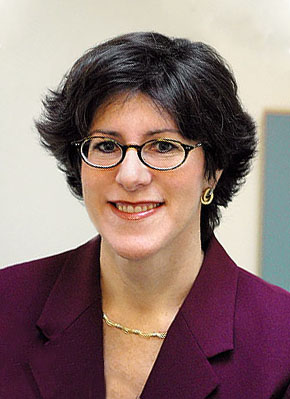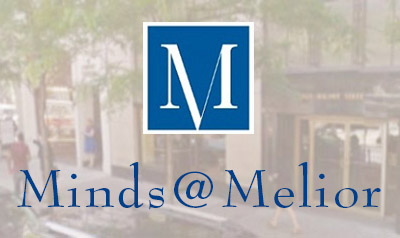Tips from the Pros for Survey Writing
With the advent of easy-to-use survey software, it’s no wonder so many organizations choose to meet their survey needs internally. Yet all too often, individuals who are great at marketing or sales find themselves thrust into the market research role with only the vaguest idea of where to begin.
The truth is, it’s harder than it looks if you want objective information that will help you answer important questions.
With that in mind, here are 7 general strategies that Melior consultants consider when designing surveys that will yield insightful and impactful information.
- Knowledge for the sake of knowledge is a luxury most businesses can’t afford – keep your true decision-making needs in mind. Stay true to your business goals and make sure the information you collect will be useful. “Nice to know” questions cost time and money most businesses can’t afford.
- Don’t ask questions if you’re not willing to learn from the answers – keeping an open mind will help you to uncover the “aha” moment.
- Respect the time of your respondents – attention spans are short and getting shorter, so keep your questions on point.
- Speak the language of your target respondent – don’t expect them to understand your vernacular.
- Ask about one item at a time – compound questions are at best confusing, and at worst, useless. If I ask you whether you prefer blue suede sneakers or red high heels, how will I know if your answer is driven by comfort, style, or color preference?
- Keep sales and research separate – disguising a sales pitch as market research is a lose/lose scenario, gaining you neither sales nor sound market information.
- Close the loop with participants – respondents (especially if they are customers) like to know the time they invested in your survey made a difference, so share a few key findings, lessons learned or actions you took as a result of their participation. It will make them (and others) all the more likely to participate the next time around.
The Melior Group can help you with survey projects that require deep experience and/or creative thinking, arms-length interactions, complex information or even an outside “messenger” to safely navigate the in-house political landscape and deliver difficult news. Don’t hesitate to give us a call – we are here for you!
Contact Sue Levine at [email protected] or 215-545-0054 x107.








